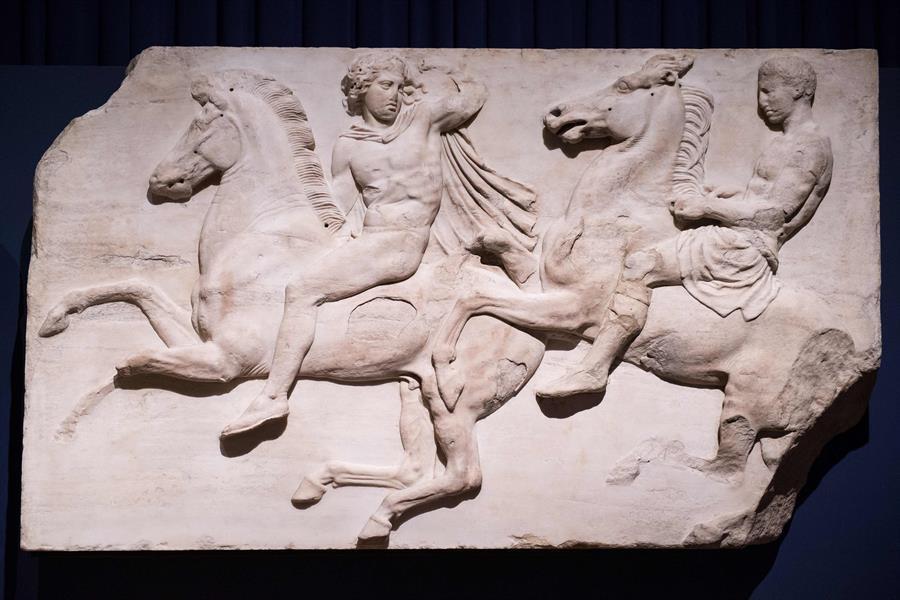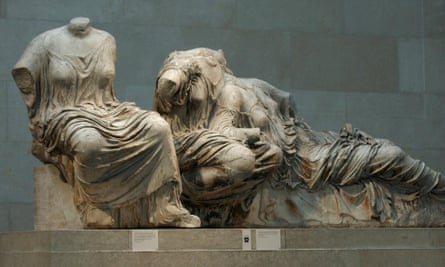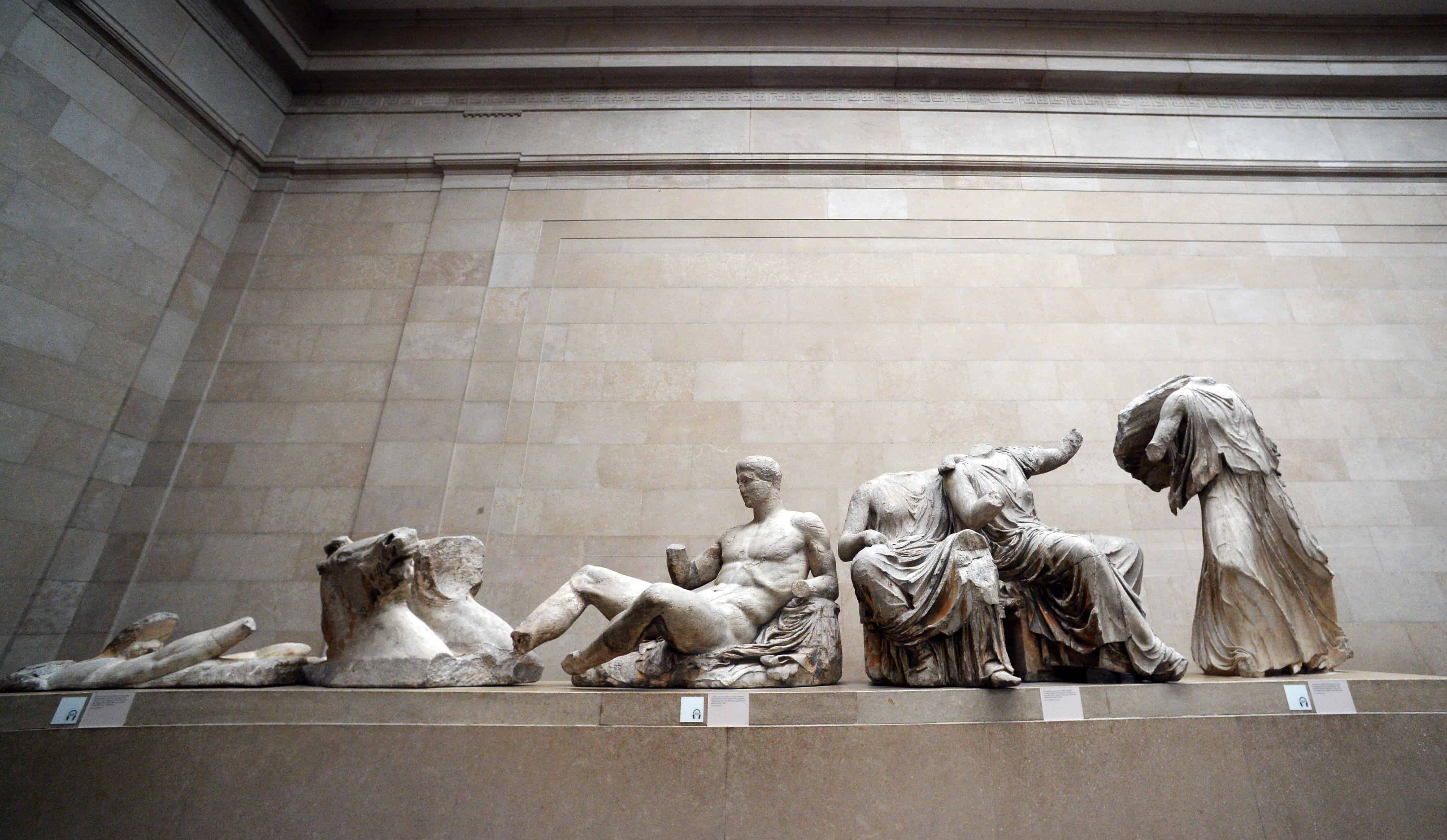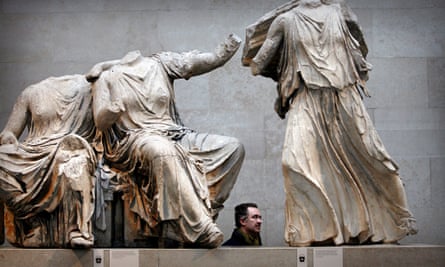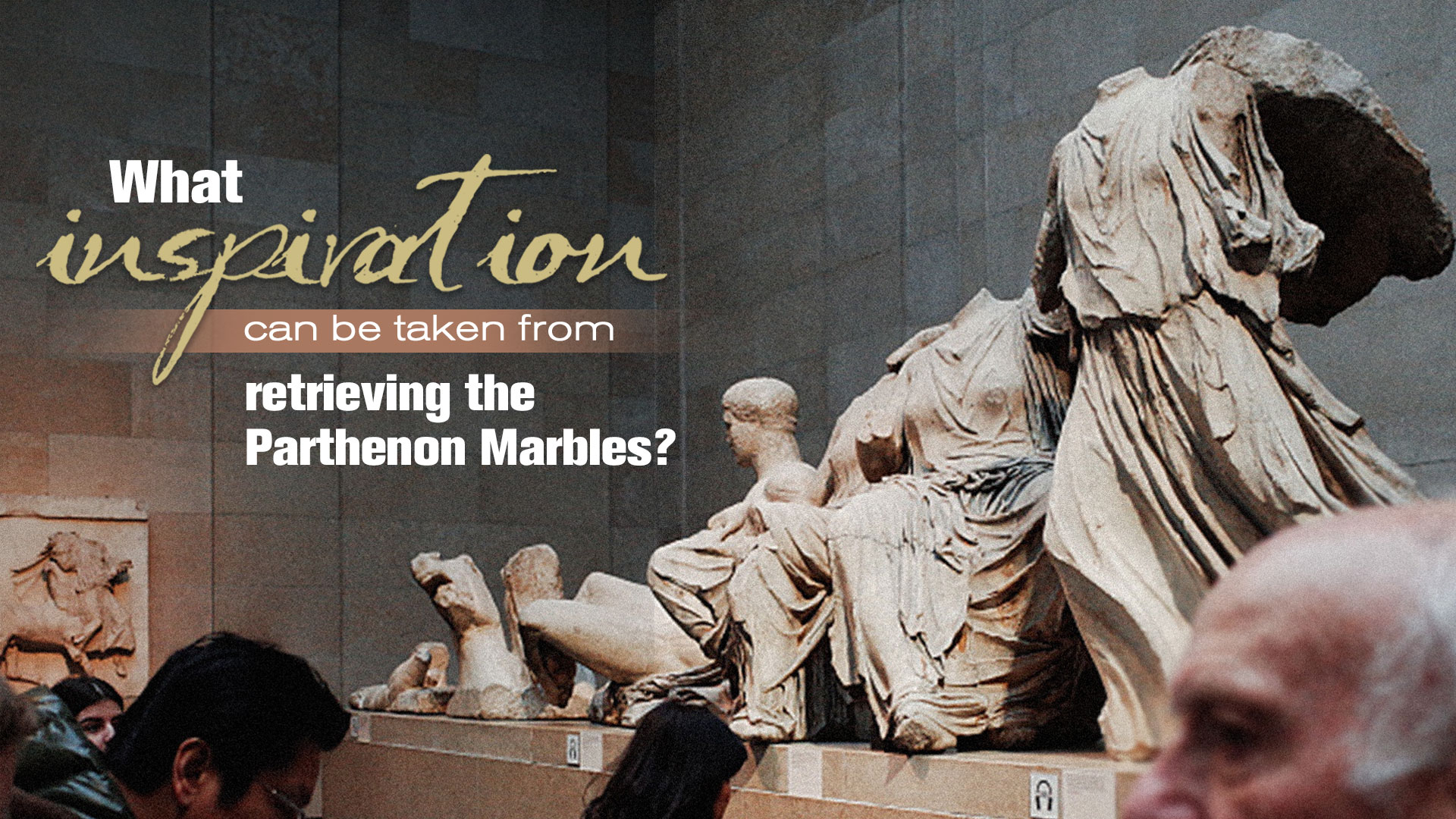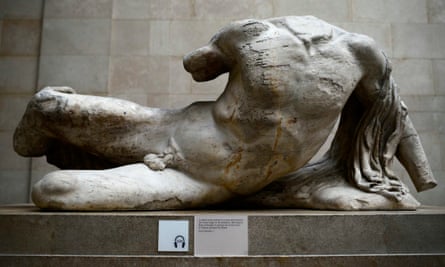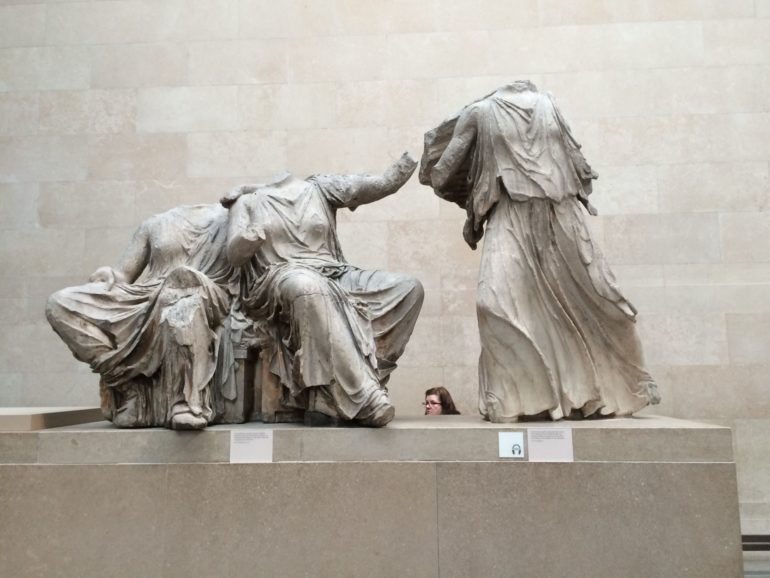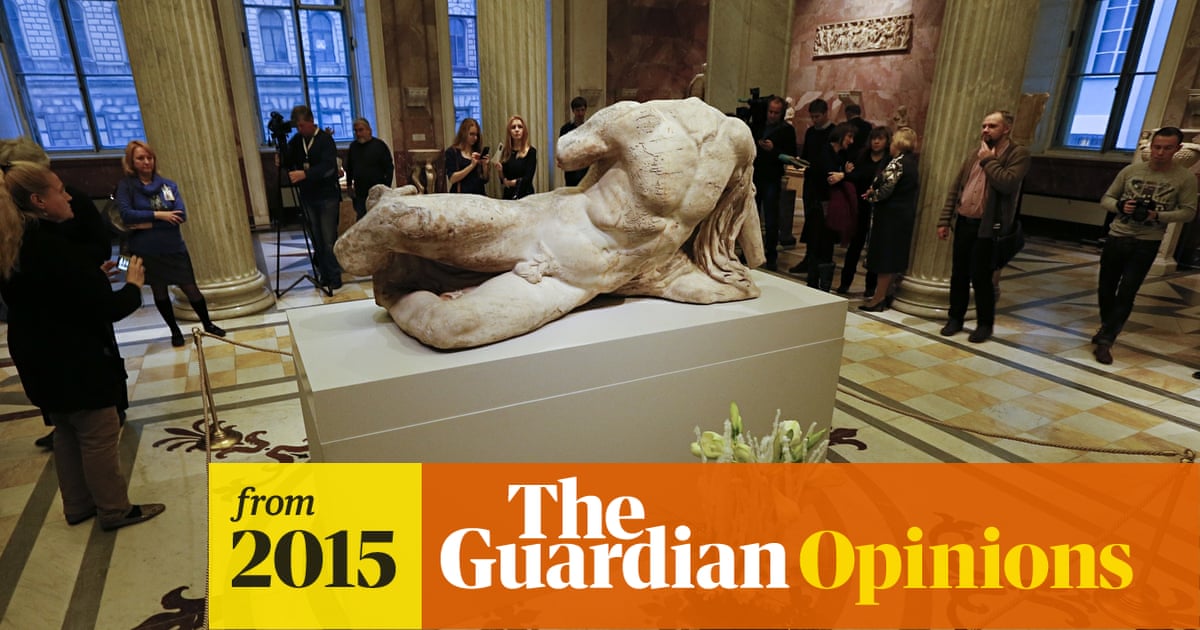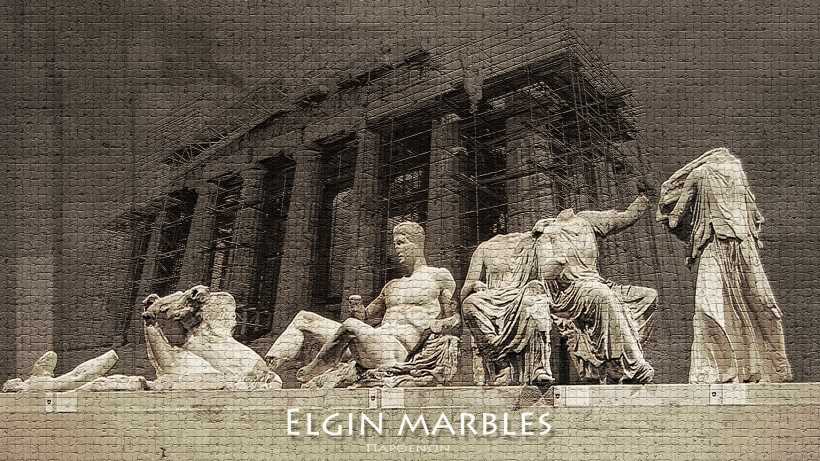Parthenon Marbles Arguments

April 2 2015 categories.
Parthenon marbles arguments. The parthenon marbles of course were taken or rescued depending on your point of view from the acropolis by lord elgin in the early nineteenth century when greece was part of the. For example the legality of their acquisition and claims of vandalism to both the parthenon and the marbles themselves as damage has occurred since they have been in british possession. That the parthenon had been ruined and that the sculptures were. A summary of the key arguments points on both sides of the parthenon marbles debate.
Should britain return the elgin marbles. The parthenon marbles have become the most visible and notorious collection of acropolis artifacts still housed in museums across europe often with the justification that such objects are. When the parthenon was constructed in the 5 th century bce athens was thriving as a democracy under the rule of pericles. A debate of ownership.
Much of the controversy surrounding the marbles today is based on the same arguments that presided over them in the 19th century. The british museum disagrees however claiming that the ancient marbles which are roughly half of a 160 metre frieze that adorned the fifth century bc parthenon temple were legally acquired by. Repatriation debate there is a longstanding debate over whether the elgin marbles should be returned to greece. The case for return.
When lord elgin removed the sculptures athens was under the control of the ottoman. This temple was built to honor the patron deity of athens athena. Cultural treasures from ancient civilisations belong in the places they come from. First posted february 13 2009.
The parthenon sculptures have been the subject of debate for more than 200 years. Let alone the parthenon sculptures. In its effort to counter mounting public pressure to return the parthenon marbles to athens the british museum has used a range of arguments over the years all of which can be refuted. Even in elgin s day certain very powerful people argued that the removal of the parthenon sculptures represented the destruction of a unique and beautiful whole.

